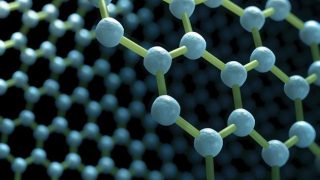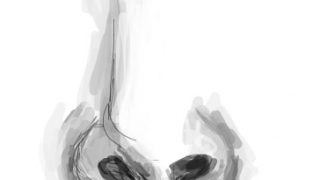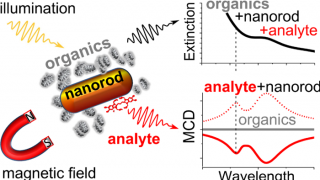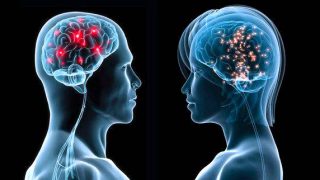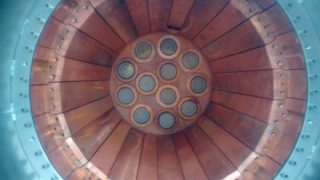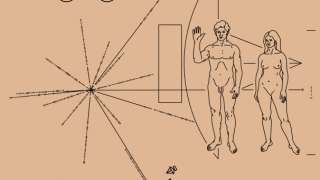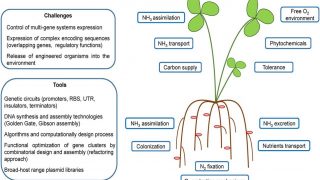
Growing old together; are your bacterial partners making you old?
Over the last years, we have found out more and more about the vast amount of bacteria that live with and in us. These populations have been shown to play an important role in our health and are associated with diseases ranging from metabolic disorders such as obesity to autoimmune diseases or cancer. But do […]


